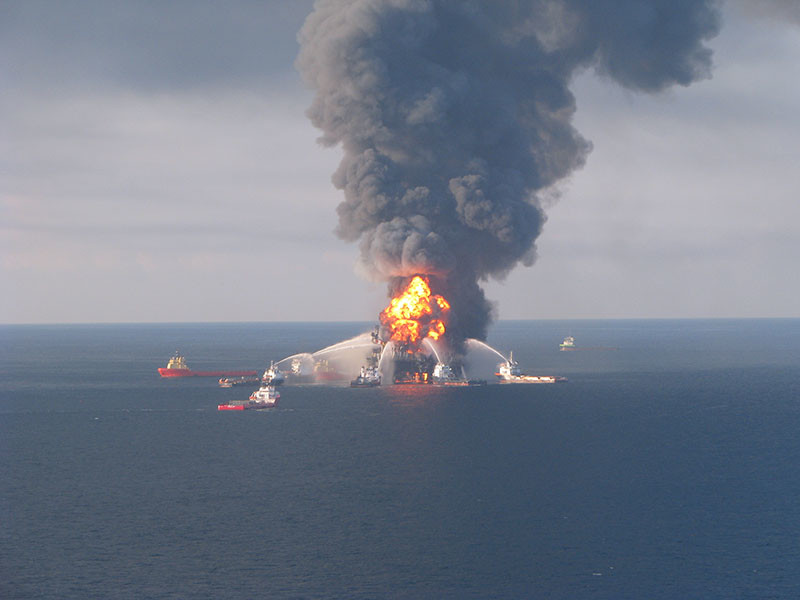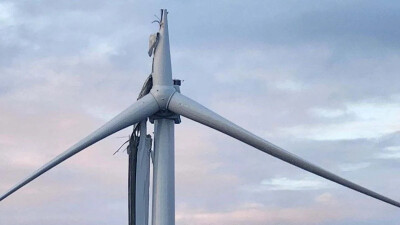President Biden is rolling back offshore well control rules, which will make him the third consecutive president to address drilling safety regulations in response to 2010’s Deepwater Horizon disaster.
On Sept. 12, Biden proposed restoring a good chunk of the drilling safety standards his former boss installed in response to the deadly and environmentally devastating Deepwater Horizon Gulf of Mexico blowout and oil spill. Many of the rules former President Obama put in place were promptly rolled back by President Trump.
Biden, who served as Obama’s vice president and appears to view the oil industry as a necessary evil, is focusing largely on stiffer technical requirements for blowout preventers (BOP), faster failure investigations, and requiring companies to report all failure data directly to the Bureau of Safety and Environmental Enforcement (BSEE), rather than third parties. The failure of the BOP stack on the Deepwater Horizon, an ultradeepwater semisubmersible drilling rig, was determined to be one of a number of contributors to the Macondo tragedy.
The public comment period on the proposed rule ends Nov. 14.
“This proposed rulemaking will help ensure that offshore energy development utilizes the latest science and technology to keep people safe,” said Deb Haaland, secretary of the Department of Interior, which oversees BSEE. “As our nation transitions to a clean energy economy, we must commit to strengthening and modernizing offshore energy standards and oversight.”
Obama’s sweeping regulations, enacted early in the last year of his term, tightened requirements for all systems and components related to well control, including the BOP, cementing, well design, casing and real-time monitoring of subsea containment. The industry vigorously pushed back, castigating the measures as being overarching and unduly expensive.
The rule restoration announcement comes less than a month after Biden signed the Inflation Reduction Act that provided some concessions to the oil and gas industry, namely advancing the stalled offshore leasing schedule. An offering for blocks in Alaska’s Cook Inlet must proceed before the end of the year, while two Gulf of Mexico lease sales are required to be held next year. In addition, Interior was ordered to officially award the nearly $190 million in high bids received in a November 2021 Gulf of Mexico sale.
The offshore energy provisions included in the legislation were welcomed by the National Ocean Industries Association (NOIA), whose membership straddles both the oil and gas and offshore wind communities. “We welcome passage by Congress of a bill which undoubtedly secures an all-of-the-above energy framework to boost offshore oil and gas, offshore wind, and carbon capture and storage — all key priorities for long-term American energy security,” said NOIA President Erik Milito.





